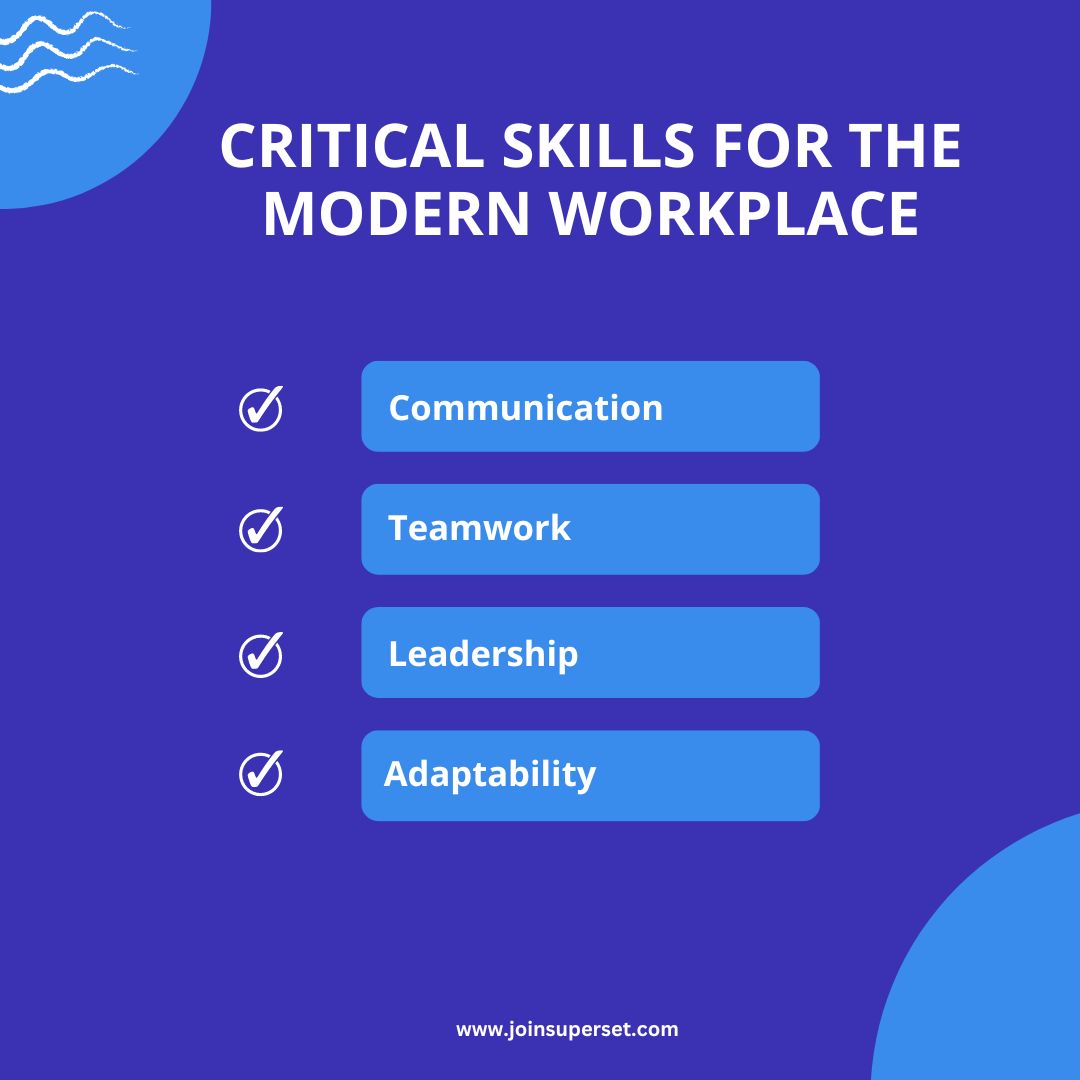Introduction
Campus placements play a pivotal role in shaping the careers of students, acting as a bridge between academic learning and real-world employment. For universities and Training and Placement Officers (TPOs), staying abreast of the latest trends in the job market is crucial to effectively prepare students for successful placements. As the dynamics of the job market evolve rapidly, it’s imperative for educational institutions to understand and adapt to these changes to ensure students’ employability. In this article, we delve into the essential insights that universities and TPOs should consider before the next campus placement season in 2023.
2023 Campus Placement Trends
Current Landscape of Job Market
As we step into 2023, the job market continues to undergo significant transformations. The aftermath of the global pandemic has led to both challenges and opportunities in the employment landscape. Remote work and hybrid work models have become more prevalent, reshaping the way companies operate and recruit talent. The accelerated adoption of technology across industries has led to an increased demand for professionals with advanced technical skills.
“Discover the Future of Jobs in 2023: Read the World Economic Forum’s Report Now!“
In light of these changes, universities and training and placement officers must be aware of the industries that are thriving and those that are facing challenges. The demand for skills in technology, data analysis, healthcare, sustainable practices, and e-commerce has surged, while certain traditional roles have seen a decline. This shift necessitates a reevaluation of curriculum offerings to align with the evolving needs of industries.
Remote Work and Hybrid Models
The pandemic forced organizations to embrace remote work and hybrid work models, allowing employees to work both from home and the office. This paradigm shift has significant implications for campus placements. While remote work offers flexibility, it also requires a different set of skills such as self-discipline, effective communication, and time management.
Universities and TPOs must prepare students for this new reality by emphasizing the development of skills that are crucial for remote and hybrid work environments. Additionally, highlighting the importance of maintaining a strong online presence through professional networking platforms is vital, as it can help students stand out to potential employers.
Industry-University Collaboration
The collaboration between academia and industry has become more essential than ever before. Industries provide valuable insights into the skills and attributes they seek in candidates. This partnership can guide universities in refining their curriculum to ensure that graduates are job-ready and possess the skills that are in demand for campus placement.
Successful collaborations have seen industry experts engaging with students through workshops, seminars, and guest lectures. This exposure to real-world scenarios can bridge the gap between theoretical knowledge and practical application, enhancing students’ employability. Universities that foster such partnerships create a win-win situation, benefiting both students and industries.
In-Demand Skills and Specializations
The skills landscape is evolving rapidly, and universities must keep pace with these changes to prepare students adequately. Beyond technical skills, employers now place a significant emphasis on soft skills such as communication, problem-solving, adaptability, and emotional intelligence. These skills are crucial for thriving in diverse work environments and effectively collaborating with teams.
Additionally, niche specializations are gaining prominence. Employers are seeking candidates who possess expertise in areas like artificial intelligence, blockchain, sustainable energy, and cybersecurity. Universities should consider offering courses and certifications in these emerging fields to cater to the evolving demands of the job market.
The Role of Technology in Placements
Technology is revolutionizing the way campus placements are conducted. Automated placement platforms, powered by artificial intelligence and data analytics, are being used to match candidates with suitable job opportunities based on their skills and preferences. This streamlines the placement process, making it more efficient and tailored.
However, while technology offers numerous benefits, it also raises concerns about equity and bias. Universities and TPOs must ensure that these technologies are designed and implemented in a way that promotes fairness and equal opportunity for all students, regardless of their background or circumstances. For this universities and TPOs should choose the most trusted and customizable campus placement portal like Superset.
Preparing Students for Placements
Preparing students for campus placements goes beyond academic excellence. Universities and TPOs play a crucial role in equipping students with the necessary tools to succeed in interviews and assessments. Career counseling, mock interviews, resume writing workshops, and skill development programs can help students build confidence and showcase their strengths effectively.
Furthermore, encouraging students to create a professional online presence is vital. A well-maintained LinkedIn profile and a strong personal brand can make a significant difference in how students are perceived by potential employers.
Diversity and Inclusion in Placements
Diversity and inclusion have become central to the campus recruitment process. Companies are increasingly recognizing the value of diverse teams in driving innovation and fostering creativity. Universities and TPOs should promote equal opportunities for all students, irrespective of their gender, ethnicity, or socioeconomic background.
Implementing blind campus recruitment practices, where candidates are assessed based solely on their skills and qualifications, can help mitigate unconscious biases. Sharing success stories of diverse alumni who have excelled in various industries can also inspire current students and provide them with role models to look up to.
Soft Skills Assessment

Soft skills are no longer just “nice to have” – they are essential for professional success. Many employers consider soft skills as important, if not more so, than technical expertise. Skills like communication, teamwork, leadership, and adaptability are critical in a rapidly changing work environment.
Universities can incorporate soft skills development into their curriculum and assessment methods. Group projects, presentations, and interactive workshops can help students cultivate these skills. Offering certifications or badges for demonstrated soft skills competence can further enhance students’ profiles and better success in virtual placement drives.
The Future of Campus Placements
Predicting the future is a challenge, but certain trends seem likely to continue. As industries evolve, new roles and job profiles will emerge. Universities and TPOs should focus on nurturing skills that transcend specific job titles, such as critical thinking, creativity, and digital literacy. These skills enable graduates to adapt to evolving roles and technologies.
Continuous learning will be pivotal. The ability to upskill and reskill will be essential as job requirements change. Universities can offer lifelong learning opportunities to alumni, ensuring that they remain competitive in the job market throughout their careers.
Conclusion
The landscape of campus placements is evolving rapidly, driven by technological advancements, changing work models, and shifting industry needs. Universities and TPOs must proactively engage with these trends to ensure that students are equipped with the skills and attributes that the job market demands. By fostering industry collaborations, emphasizing in-demand skills, and preparing students for diverse work environments, educational institutions can pave the way for successful campus placements and lifelong career growth. In this ever-changing landscape, adaptability and continuous learning will be the cornerstones of students’ success.
Frequently Asked Questions
What role does technology play in the placement process, and what challenges does it pose?
Technology has transformed the placement process through AI-driven platforms that match candidates with suitable job opportunities based on their skills and preferences. This technology streamlines placements, making them more efficient and tailored. However, it also raises concerns about fairness and bias. Universities and TPOs must ensure that these platforms are designed to promote equal opportunity for all students, regardless of their background, and that they do not inadvertently perpetuate biases.
How can universities foster diversity and inclusion in the placement process?
Diversity and inclusion are critical aspects of the modern job market. Universities and TPOs can promote diversity by implementing blind recruitment practices, which assess candidates based solely on their qualifications and skills. Sharing success stories of alumni from diverse backgrounds who have excelled in various industries can inspire current students and reinforce the value of diversity. By providing equal opportunities and fostering an inclusive environment, universities can contribute to creating a more diverse workforce that drives innovation and success.








